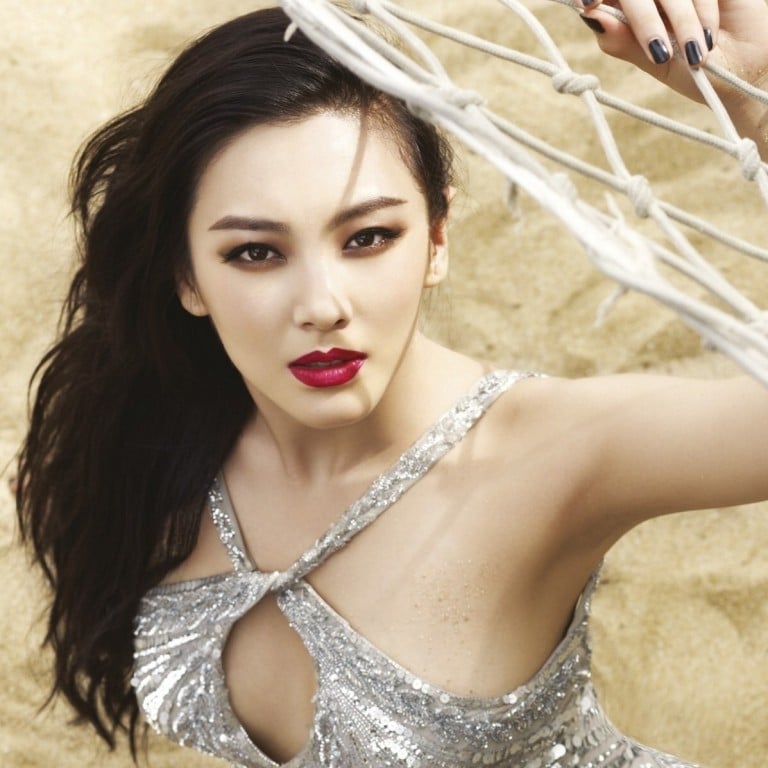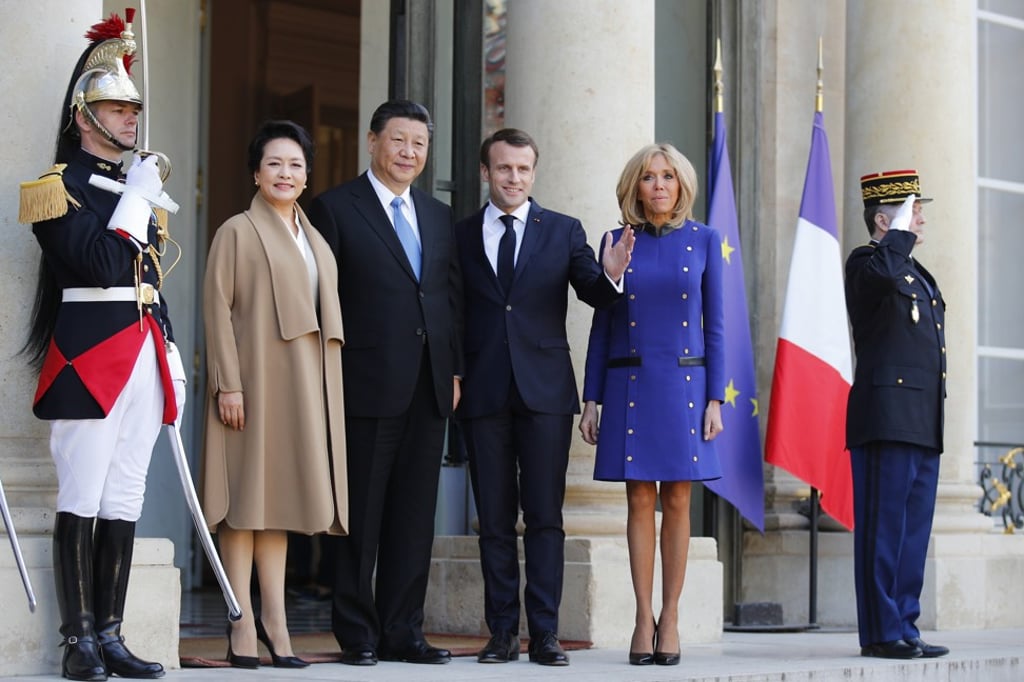How female Chinese billionaires keep luxury sales for Dior, Chloé and Celine going strong

Out of 184 self-made female billionaires in the world, 78 per cent are from China, and Chinese women are purchasing suits by Dior, Chloé and Celine for the workplace
According to Hurun’s Global Rich List 2018, Beijing is the “billionaire capital of the world”. China impresses not only through astounding growth in wealth (the country recently added 210 new billionaires to its ultra-high net-worth individuals list) but also through the number of female billionaires: out of 184 self-made female billionaires in the world, 78 per cent are from China. Stats and commentary indeed demonstrate Chinese women are driven to work in high-powered jobs, they drive forward industries such as luxury cars, and according to a 2017 Mafengwo consumption report, are responsible for 4.6 times as much travel retail purchases as male travellers.
Malaysia and China are the only countries in the region where 35 per cent of businesses have women in senior management positions
As stated by Swiss multinational private bank Julius Baer in the Wealth Report Asia 2018, the number of women occupying high-level positions in China is rapidly increasing. Moreover, Malaysia and China are the only countries in the region where 35 per cent of businesses have women in senior management positions. Evidently, the evolving consumer landscape and the rise of the “sheconomy” are pressuring luxury brands to get off the beaten path and create innovative and unprecedented long-term strategies.

Women such as China’s first lady Peng Liyuan, Apple’s VP and managing director of Greater China Isabel Ge Mahe, CEO of China and Co-CEO of Asia Pacific for Morgan Stanley Wei Christianson, and CEO of Ctrip Jane Jie Sun are reshaping not only China but also the global market. They made history by breaking the glass ceiling and their leadership qualities and personal success transformed them into overnight celebrities. In fact, many of the items these women were seen wearing promptly sold out online. Additionally, they have the power to build or deconstruct brands. Chinese couturier Ma Ke became a household name after becoming the First Lady’s favourite designer while the “Liyuan-style” fashion has conquered hearts and gathered legions of fans.
While these powerful ladies have blazed trails, it should be noted that female power dressing has long been present in Chinese society. Individuals showed their status and power through elaborate garments and unique styles, and in the new age of women empowerment female leaders could communicate their success through well-fitted designer suits, luxury accessories and business wear dresses. As The Wall Street Journal points out, “power dressing at the workplace has mercifully evolved since 1988’s Working Girl, in which Sigourney Weaver weathered Wall Street in heinous, shoulder-padded blazers”, and the evolution is even more striking in China.
Chinese businesswomen select Armani, Chengdu-born luxury womenswear designer Lulu Liu or luxury brands known for their feminist agenda but also for their sartorial skills such as Chloé, Celine and Dior. Broadly, it’s well known that premium brands should focus on millennials and the rapidly expanding middle-class, but more specifically, what do powerful Chinese women want?
Jing Daily links the girl boss identity to media portrayals of strong female characters that “have been proliferating over the past few years, which has contributed to Chinese women’s expectations to want it all”. In fact, the recent release of Chinese historic dramas with powerful female characters such as Chu Qiao in Princess Agent, Bai Qian in Eternal Love, Fu Yao in The Legend of Fuyao or Sun Li in Empresses in the Palace created a media frenzy by promoting the image of independent, strong-willed and powerful women. Additionally, the success of social media campaigns such as “WoYeShi” (我也是, meaning “me too”) and #RiceBunny show Chinese feminism is on the rise – in its own unique way. Taobao’s recent research shows that power suits for women have seen a 317 per cent increase in the first quarter of 2019.
Luxury brands are ideally placed to speak to this demographic, with some cleverly linking fashion, design and luxury together, such as Audi sponsoring authoritative events such as Hong Kong Fashion Week.